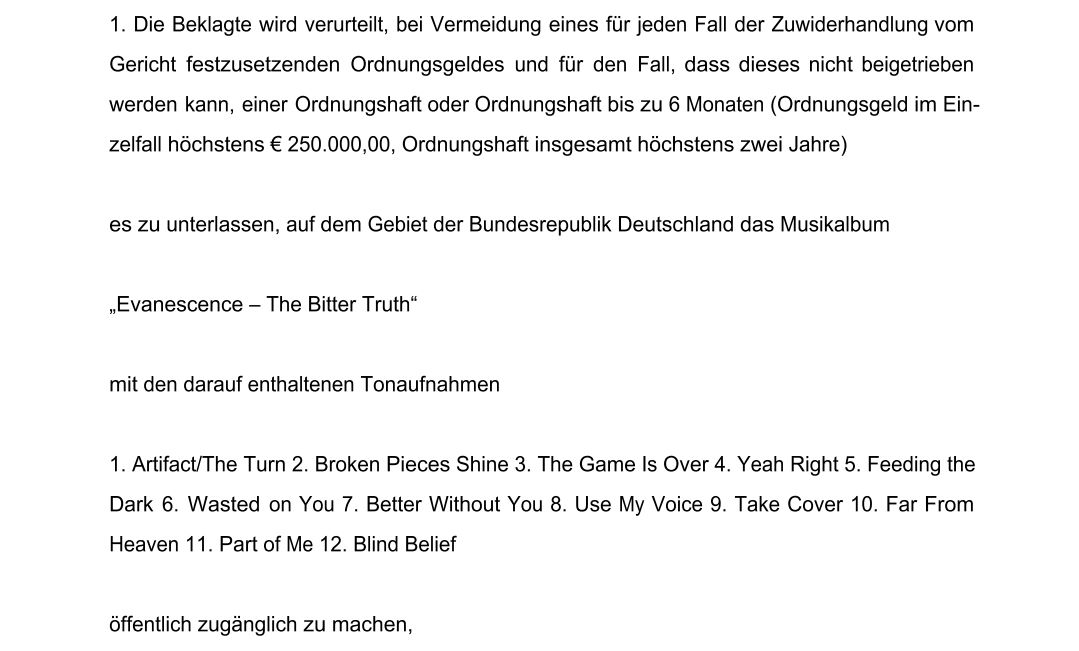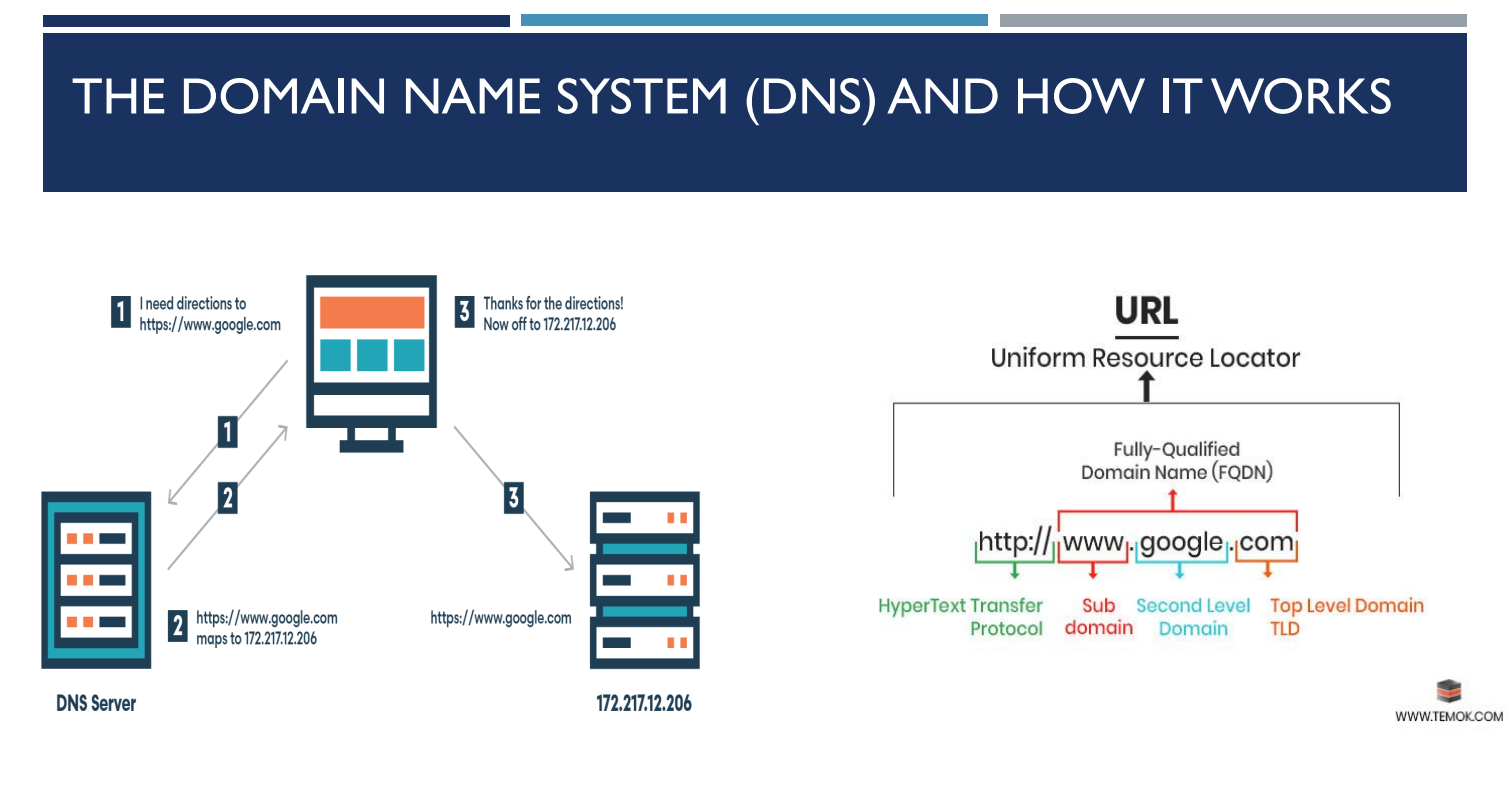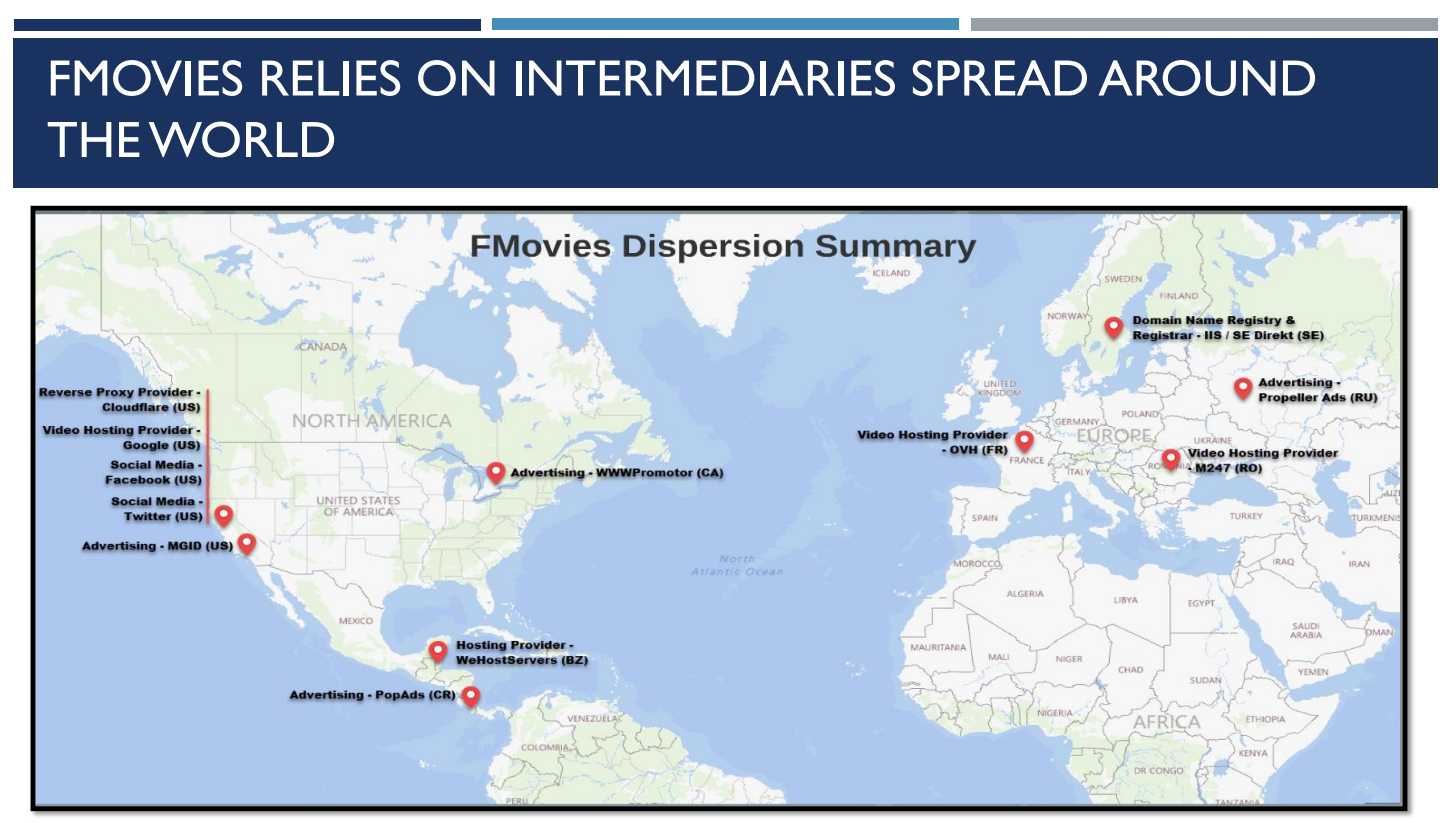-
chevron_right
Anti-Piracy “Mega-Firewall” Could Render Italian ISPs Liable For Over-Blocking
news.movim.eu / TorrentFreak · Thursday, 13 April, 2023 - 08:34 · 4 minutes
 Last month a bill crafted to crack down on pirate IPTV services was
unanimously approved
by Italy’s Chamber of Deputies.
Last month a bill crafted to crack down on pirate IPTV services was
unanimously approved
by Italy’s Chamber of Deputies.
If passed by the Senate, broadcasters through telecoms regulator AGCOM will have new powers to compel internet service providers to block pirate streams in a matter of minutes, potentially seconds. Site-blocking measures to deal with piracy are nothing new in Italy, but by narrowing the blocking window, the window for correcting errors is narrowed too.
Italy’s ‘Mega-Firewall’
The Association of Italian Internet Providers ( AIIP ) represents the interests of small to medium-sized ISPs in Italy. Given that ISPs are already required to implement AGCOM’s blocking instructions under the current regime, it follows that they will also have key responsibilities under the proposed rapid blocking system.
AIIP recently revealed that it had sent a memorandum to the authorities detailing its concerns over the current proposals, which are already in the final stages before becoming law.
President of AIIP, Giovanni Zorzoni, says that the objective appears to be the creation of a “mega-firewall” managed by AGCOM which will have the legal authority to compel internet service providers to implement it, regardless of the inherent risks.
“The creation of a homogeneous infrastructure based on a synchronous filtering system, capable of interfacing simultaneously with the operators offering access to the Internet, with the CDNs and with the Cloud operators, constitutes a single susceptible ‘point of failure’ to undermine the security and resilience of national networks,” Zorzoni warns.
Critical Need to Protect Critical Infrastructure
AIIP says it has always been in favor of copyright protection but says the speed at which the blocking proposals are being pushed through is a cause for concern. AIIP says that in advance of the Senate’s forthcoming examination, it is seeking a reassessment to ensure an adequate balance between the protection of intellectual property on one hand, and the protection of the internet ecosystem on the other.
AIIP reports progress in the form of a government commitment to evaluate the preparation of a “whitelist” of IP addresses and servers for the root zone of the Domain Name System (DNS) that can not be included in the blocking program. Since this would minimize the risks of “erroneously disabling critical systems,” AIIP hopes the government will fully implement the proposal.
Who Pays to Enforce Copyrights?
According to AIIP, internet service providers will be required to implement the new blocking system. It will entail “significant costs” that will fall first on ISPs, but ultimately trickle down to their customers.
“Precisely with respect to costs, the association highlights the unreasonableness of downloading them to access operators, third parties without any responsibility for the offenses, and therefore indirectly to Italian users, rather than to the subjects who will directly benefit from the new tool, i.e the rights holders,” AIIP says.
Not only are ISPs concerned that their customers will end up footing the bill for blocking, they’re also worried about who pays when it all goes wrong.
“We have asked the politicians to add an article to the text of the provision which excludes the legal liability of service providers in the event that they find themselves slavishly executing the Authority’s order,” Zorzoni says .
“Let’s imagine, for example, that while executing the filtering operation, the operator blocks IP addresses that carry not only illegal traffic but also legal traffic; or that what had been indicated as illegal in reality is not; here, in all these cases, it could be the service operators who get involved, for which we ask for the necessary protections.”
Precise Blocking to Date Doesn’t Eliminate Future Disasters
As reported last month, Italy’s blocking program currently covers more than 3,200 domains. Our analysis of those domains reveals legitimate reasons for blocking, all of which can be cross-referenced with transparency reports published by AGCOM.
The big question is what happens to that methodical and transparent system when decisions are made on the fly in an attempt to block access to more mobile pirated streams of live events.
Will AGCOM commit to publishing the details of servers and IP addresses that are subjected to blocking in the way that it currently does for domains? Will it publish the names of the companies who requested those online locations to be blocked so there’s complete transparency when something goes wrong?
The indication from AIIP that ISPs face potential liability suggests that both costs and risks are already being pushed down the line, in a direction that favors those who stand to benefit most from the new blocking regime.
That Italian internet users seem destined to indirectly pay for site blocking comes as no real surprise. If the project works as planned and pirate services do indeed become more difficult to access, it will be no surprise to see the prices of legitimate TV subscriptions rise either.
After all the hard work, why would any broadcaster that has paid for exclusivity not seek to maximize profits in a market with no competitors? Only time will tell if Italians will effectively get to pay for blocking twice, but it certainly can’t be ruled out.
From: TF , for the latest news on copyright battles, piracy and more.
 Website blocking has become an increasingly common anti-piracy tool. ISPs in dozens of countries have been ordered by courts to block pirate sites.
Website blocking has become an increasingly common anti-piracy tool. ISPs in dozens of countries have been ordered by courts to block pirate sites.
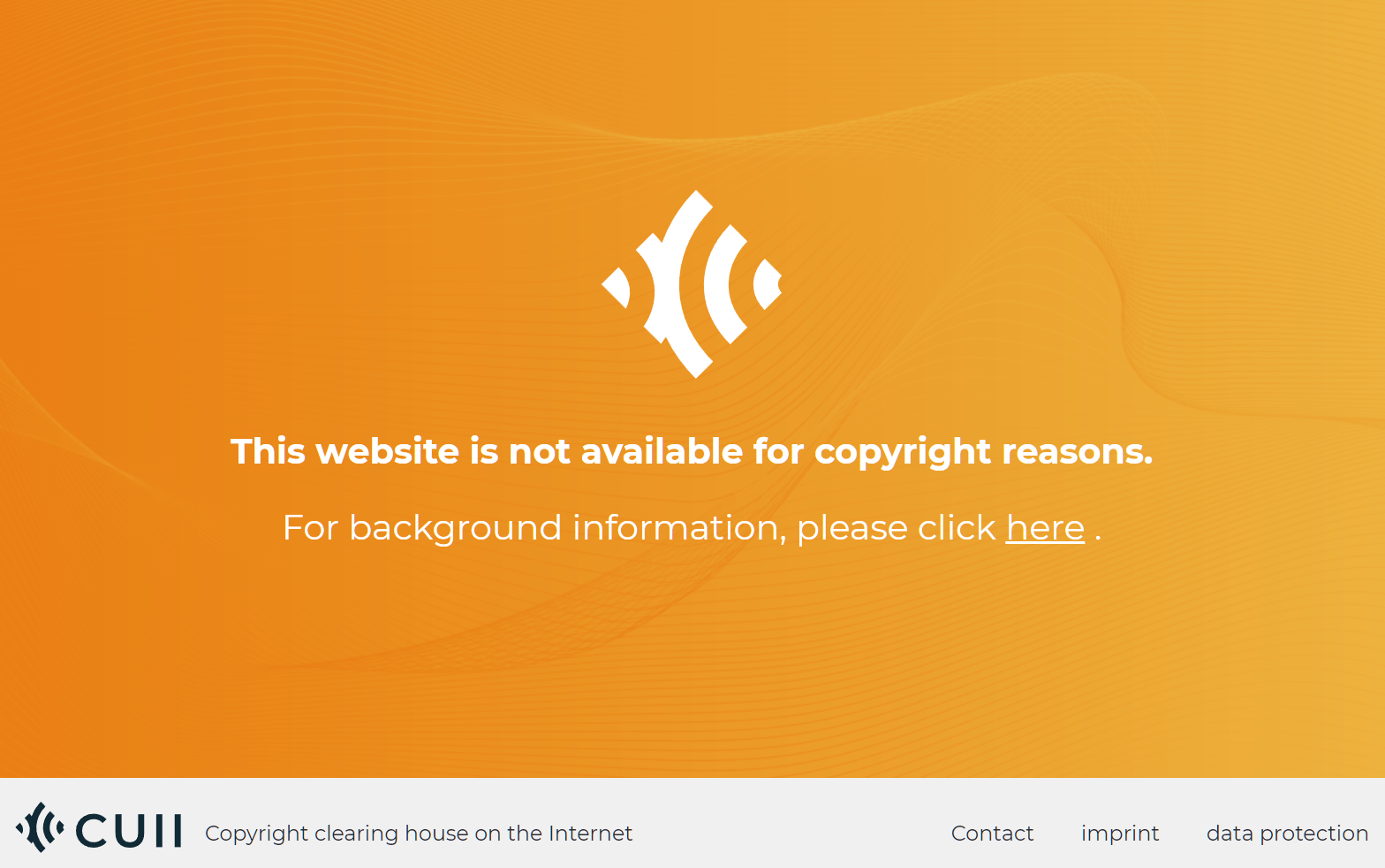
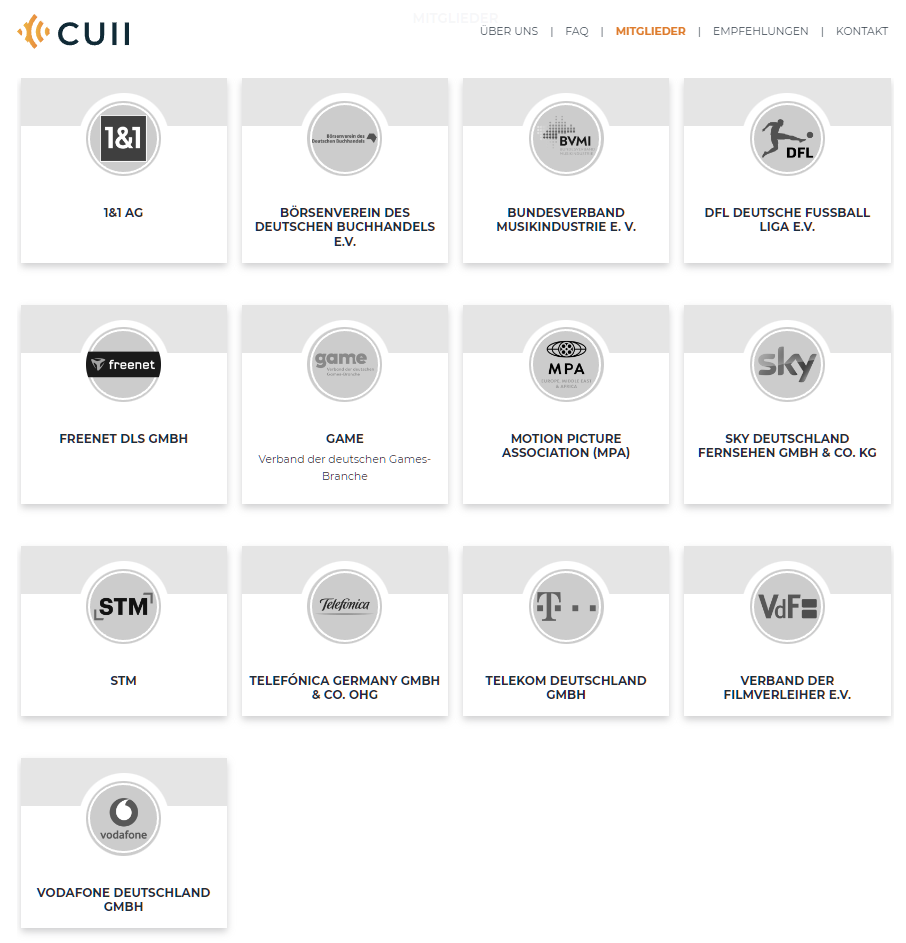

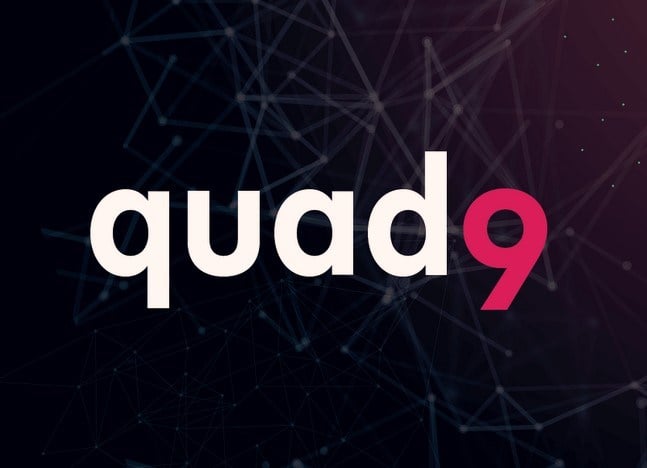 In 2021, Sony Music obtained an injunction ordering DNS resolver
In 2021, Sony Music obtained an injunction ordering DNS resolver
